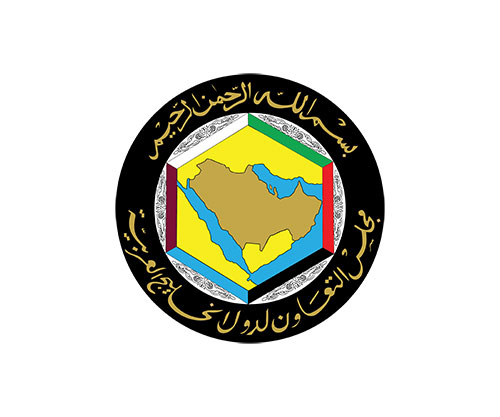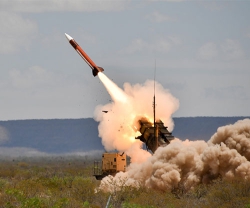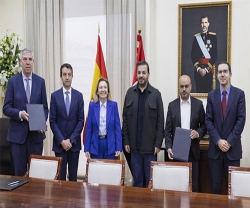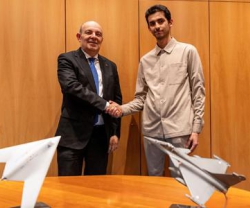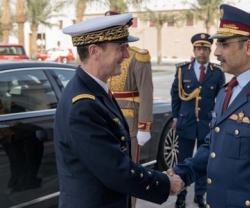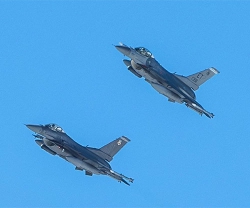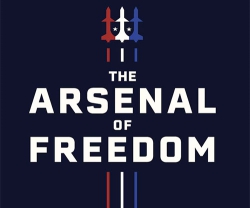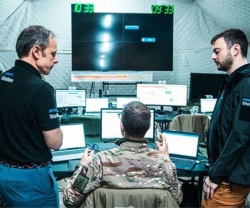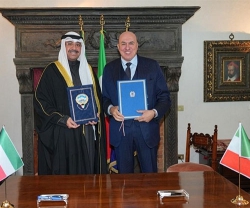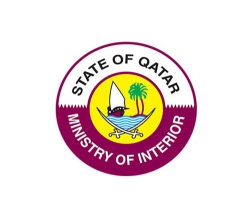The Gulf Cooperation Council (GCC) celebrated its 43rd anniversary of the Council’s founding on May 25, 1981.
The idea of establishing the Gulf Cooperation Council came at the initiative of the late Amir of the State of Kuwait Sheikh Jaber Al-Ahmad Al-Jaber Al-Sabah and the late President of the United Arab Emirates, Sheikh Zayed bin Sultan Al Nahyan. The preparatory meetings of the Foreign Ministers of the six Gulf countries culminated in the holding of the Abu Dhabi Summit on May 25, 1981, which was attended by the leaders of the Kingdom of Saudi Arabia, the State of Kuwait, the United Arab Emirates, the Kingdom of Bahrain, the State of Qatar, and the Sultanate of Oman.
During the meeting, the countries announced an integrated system which has since then brought them together to achieve mutual goals. During the past four decades, the GCC has seen major achievements in various fields - at the economic, political, military and security levels and left its mark in regional and international arenas.
Perhaps one of the most prominent achievements of the Gulf Cooperation Council in the field of foreign policy is participation in ending the Iran-Iraq war, liberating the State of Kuwait from the brutal Iraqi invasion, supporting the unity, stability and sovereignty of Iraq, supporting the cause of the three occupied UAE islands, achieving Gulf reconciliation and supporting the Palestinian cause.
In the field of joint military action, the first meeting of the Chiefs of Staff of the Armed Forces of the GCC States, held in the Saudi capital Riyadh in 1981, was the beginning of a discussion in areas of military cooperation among the GCC States, where many studies, regulations and strategies were approved through the course of four decades, which included many ways of joint military action.
At the level of security cooperation, the meeting of the GCC Ministers of the Interior in Riyadh in February 1982 marked the beginning of the launch of security coordination and cooperation among the GCC States, which was represented in a comprehensive security strategy and cooperation in the field of counterterrorism, civil defense and drug control.
In the field of economic cooperation, the statute for the establishment of the GCC represents the first reference towards achieving economic integration among the six Gulf states, starting with the unified economic agreement signed in 1981, to the economic agreement of 2001. The states have been holding discussion to unify their currency, establish the Gulf common market and promote economic nationality.
Bahraini Foreign Minister, Dr. Abdullatif Bin Rashid Al Zayani, affirmed that the Gulf Cooperation Council’s (GCC) commitment to the security, stability, and aspirations of its member states by fostering economic citizenship, progress, prosperity, and constructive cooperation to establish regional and international peace and cultural dialogue.
In a statement to Bahrain News Agency (BNA), Al Zayani emphasised Bahrain’s commitment, as a founding member of the GCC and current chair of the Arab Summit, to advancing Gulf developmental and integrative achievements and deepening Arab and international partnerships to resolve regional and international conflicts.
In a statement to Kuwait News Agency (KUNA), Abdullah Ali Al-Yahya, Kuwait’s Minister of Foreign Affairs, said the efforts and wise policy of Gulf states’ leaders played a great role in pushing forward and developing cooperation amongst their countries at all levels, achieving their goals for the good of their peoples.
The GCC also succeeded in enhancing its regional and international role, becoming a key partner in achieving international peace and stability, he noted. The Council was also able to develop strong relations with regional countries and international economic groups, the minister pointed out.
Al-Yahya said the GCC believes in respecting every country’s sovereignty, supports joint work, and is committed to the articles of international law and UN principles and goals.

